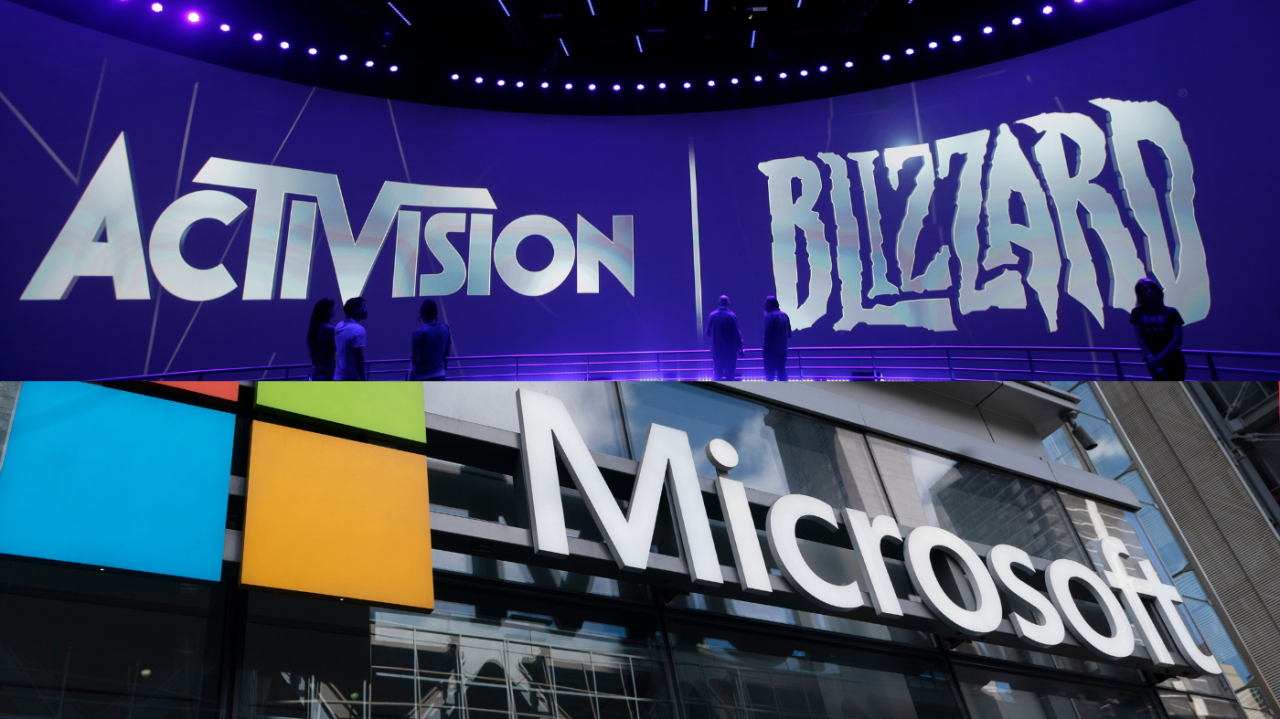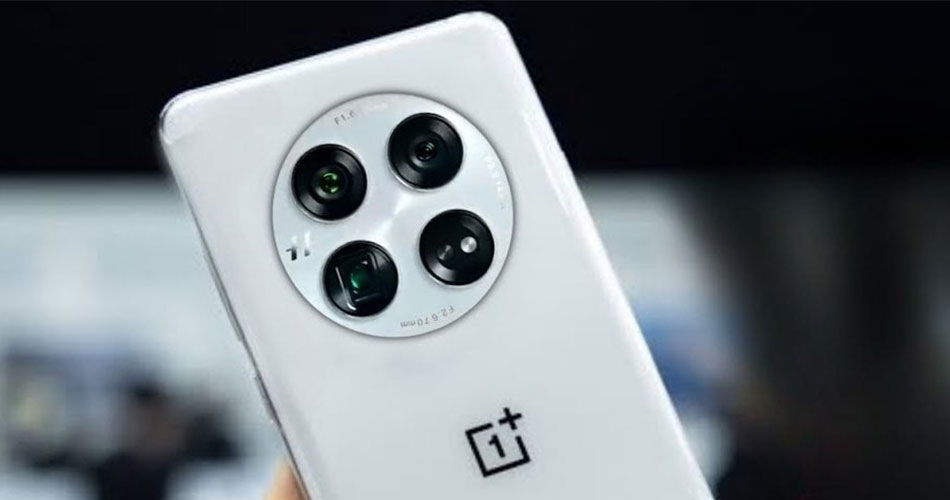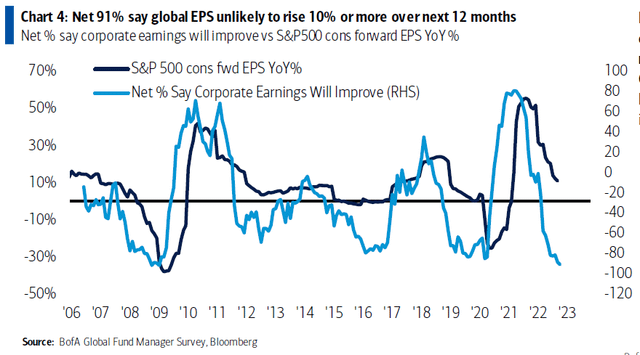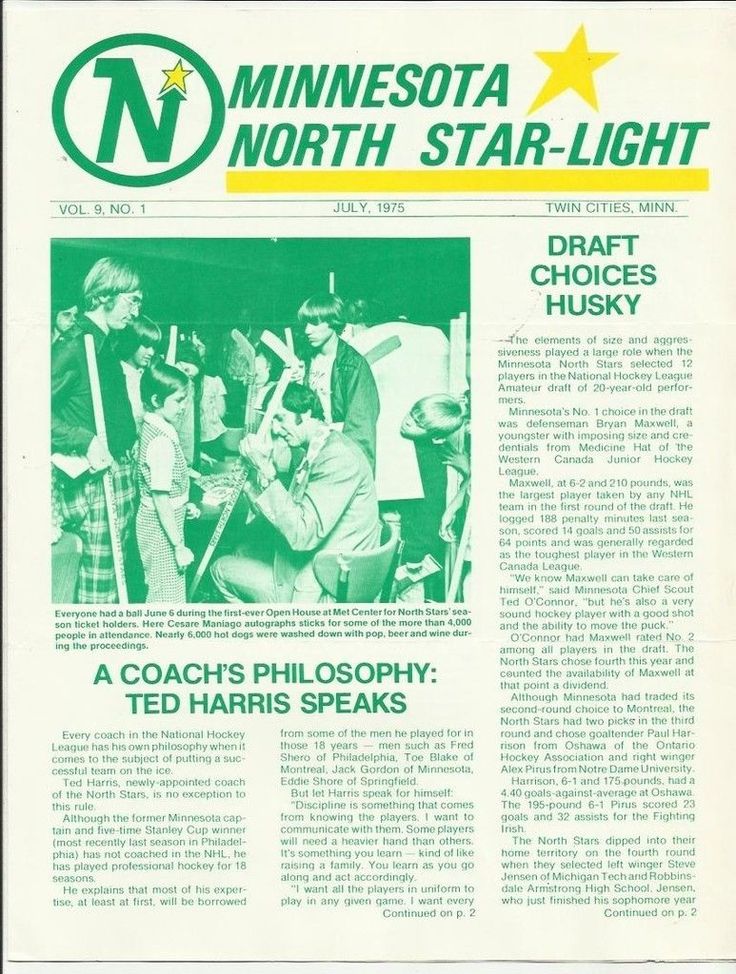FTC Appeals Activision Blizzard Acquisition Ruling: What's Next?

Table of Contents
The FTC's Case Against the Activision Blizzard Acquisition
The FTC's core argument against the Activision Blizzard acquisition centers on concerns about the potential for anti-competitive practices. They argue that Microsoft's acquisition would give the tech giant an unfair monopoly, stifling competition and harming consumers. This claim hinges on the immense popularity and market dominance of certain Activision Blizzard titles, particularly the Call of Duty franchise.
- Specific Claims of Anti-Competitive Practices: The FTC alleges that Microsoft could leverage its ownership of Activision Blizzard to make Call of Duty and other key franchises exclusive to its Xbox ecosystem, thus harming competitors like Sony PlayStation and Nintendo. This could potentially limit consumer choice and drive up prices.
- Key Games and Markets Involved: The FTC's case focuses heavily on the impact on the console gaming market, particularly the dominance of Call of Duty, World of Warcraft, and Candy Crush Saga. The potential for anti-competitive behavior extends to cloud gaming and mobile gaming markets as well.
- Legal Basis for the Challenge: The FTC's challenge is based on Section 7 of the Clayton Act, which prohibits mergers and acquisitions that may substantially lessen competition. The commission argues that the Activision Blizzard acquisition would violate this act by creating a dominant player capable of manipulating market conditions.
Microsoft's Response and Defense Strategy
Microsoft has vehemently rejected the FTC's claims, arguing that the acquisition will benefit gamers and increase competition. Their defense strategy focuses on several key points:
- Commitment to Multi-Platform Availability of Call of Duty: A central plank of Microsoft's defense is its repeated commitment to maintain Call of Duty's availability across multiple platforms, including PlayStation and Nintendo Switch. They've offered long-term contractual agreements to ensure continued access for rival consoles.
- Arguments Regarding the Competitive Landscape: Microsoft argues that the gaming market is dynamic and competitive, with numerous significant players beyond Activision Blizzard. They contend that the acquisition would not create a monopoly, and that the benefits of combining their resources with Activision Blizzard's would ultimately benefit consumers through innovation and a broader selection of games.
- Concessions Offered: To address the FTC's concerns, Microsoft has offered various concessions, including potential licensing agreements and other measures aimed at ensuring fair competition. The specifics of these concessions remain subject to ongoing negotiations and legal proceedings.
Potential Outcomes and Legal Ramifications
The FTC's appeal presents two main scenarios, each with significant implications:
- Scenario 1: The FTC Wins the Appeal: If the FTC prevails, the Activision Blizzard acquisition would likely be blocked permanently. This would set a strong precedent, potentially discouraging future large-scale mergers in the tech industry. It would also impact the valuation of gaming companies and alter the competitive landscape considerably.
- Scenario 2: Microsoft Wins the Appeal: A victory for Microsoft would allow the acquisition to proceed, potentially establishing a precedent for future mergers and acquisitions in the tech sector. However, it could also face scrutiny from regulatory bodies in other jurisdictions, requiring further negotiations and potentially limiting the deal's overall impact.
- Legal Precedent: Regardless of the outcome, this case will set a significant legal precedent for future mergers and acquisitions, particularly in the rapidly consolidating tech and gaming sectors. The ruling will influence how regulators approach similar deals going forward, shaping the competitive landscape for years to come.
Impact on the Gaming Industry and Consumers
The outcome of the FTC Appeals Activision Blizzard Acquisition Ruling will have profound consequences for both the gaming industry and consumers:
- Effects on Game Pricing, Availability, and Innovation: The decision will influence the pricing, availability, and innovative features of games, particularly those from Activision Blizzard. A blocked merger could maintain the current competitive landscape, potentially resulting in broader choice and more competitive pricing. Conversely, a successful acquisition could lead to changes in these areas.
- Implications for Game Developers and Publishers: The ruling will directly impact how game developers and publishers conduct business, shaping their strategies and relationships with platform holders. It could also create uncertainty for investment in the sector.
- Shaping Future Industry Practices: The outcome of the case will significantly shape future industry practices. It will influence how regulatory bodies approach mergers and acquisitions, impacting the consolidation trend within the gaming industry and the tech sector broadly.
Conclusion: The Future of the FTC Appeals Activision Blizzard Acquisition Ruling
The FTC's appeal against the Activision Blizzard acquisition is a landmark case with far-reaching implications for the gaming industry and the broader tech landscape. The potential outcomes, ranging from a complete block of the acquisition to its full approval, will profoundly impact competition, pricing, innovation, and the overall future of gaming. Staying informed about further developments in the FTC Appeals Activision Blizzard Acquisition Ruling is crucial. Follow reputable news sources covering the case and share your thoughts on the likely outcomes. The future of gaming may depend on it.

Featured Posts
-
 Anthony Edwards Injury Impact On Timberwolves Lakers Game
Apr 29, 2025
Anthony Edwards Injury Impact On Timberwolves Lakers Game
Apr 29, 2025 -
 One Plus 13 R Review Is It Better Than The Pixel 9a
Apr 29, 2025
One Plus 13 R Review Is It Better Than The Pixel 9a
Apr 29, 2025 -
 Are High Stock Market Valuations A Cause For Concern Bof A Weighs In
Apr 29, 2025
Are High Stock Market Valuations A Cause For Concern Bof A Weighs In
Apr 29, 2025 -
 Former Norfolk State Star Diamond Johnson To Attend Minnesota Lynx Wnba Camp
Apr 29, 2025
Former Norfolk State Star Diamond Johnson To Attend Minnesota Lynx Wnba Camp
Apr 29, 2025 -
 The Tylor Megill Factor Understanding His Contributions To The Mets Success
Apr 29, 2025
The Tylor Megill Factor Understanding His Contributions To The Mets Success
Apr 29, 2025
